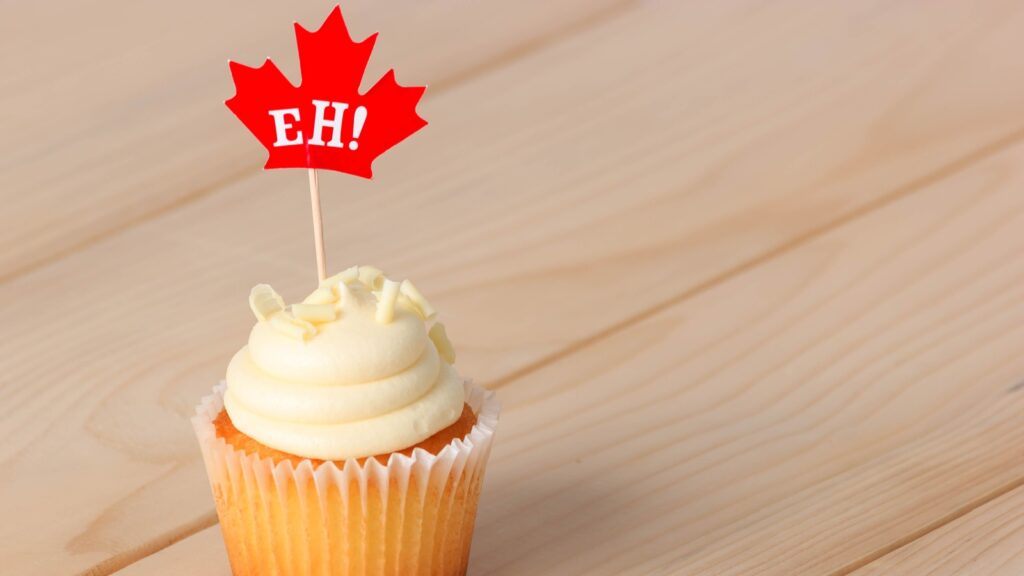Every country has its own way of talking, and Canadians have turned casual chatter into a cultural art form. While Americans might share the same language, there’s a good chance they’ll need subtitles when hanging out north of the border. From “loonie” to “double-double,” Canadian sayings reflect a mix of British heritage, French influence, and pure northern creativity. Here are 17 Canadian sayings that leave Americans totally confused.
“Eh?”
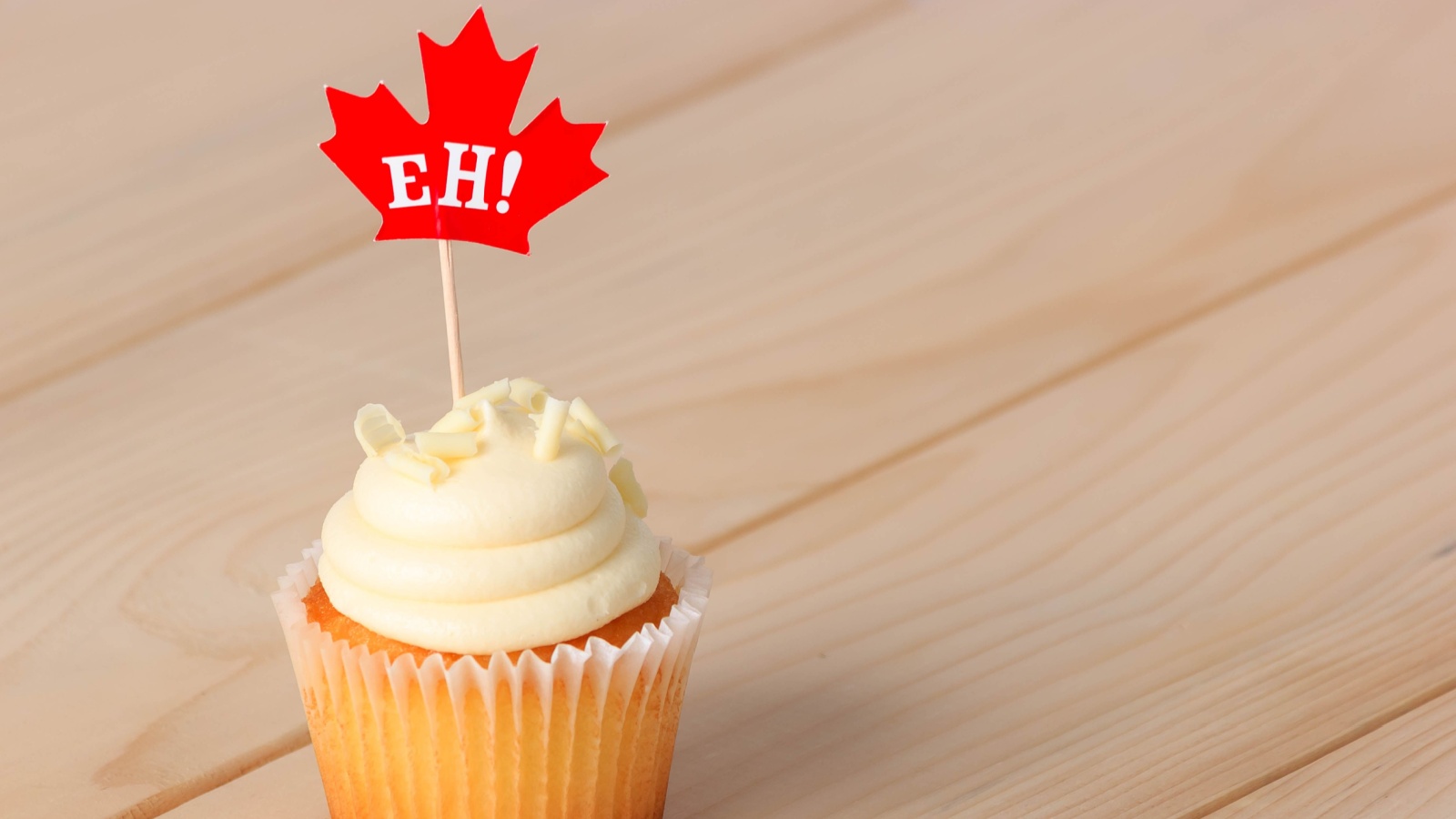
This tiny word might be the most iconic part of Canadian speech. It’s not just filler, it’s a multipurpose tool used to confirm agreement, invite response, or check understanding. “Nice day, eh?” means “Don’t you agree it’s nice?” Americans often confuse it with “huh?” or think it’s used for comedic effect, but in Canada, it’s serious business. It softens statements and turns conversation into collaboration. Even politicians use it naturally in speeches. While some Americans think Canadians end every sentence with it, the truth is, it’s used selectively and with charm, a linguistic handshake that keeps conversation friendly and open.
“Double-Double”
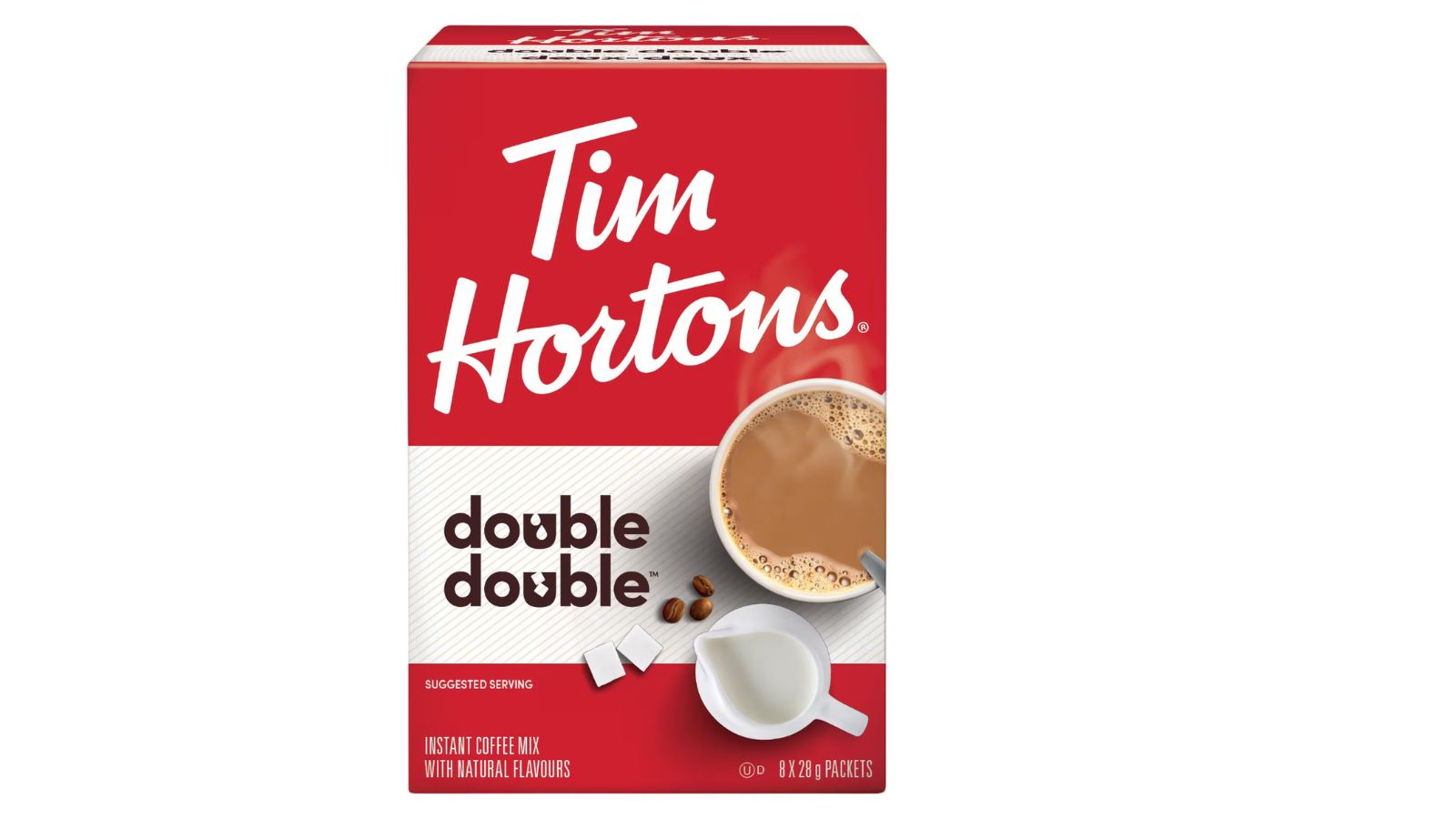
To an American, “double-double” might sound like a burger from In-N-Out. But in Canada, it means a coffee with two creams and two sugars, thanks to Tim Hortons’ national dominance. This shorthand became so ingrained that saying “double-double” at any café instantly signals your caffeine order. Americans visiting Canada are often surprised that this term isn’t limited to one brand, it’s coffee culture itself. The phrase even made it into the Canadian Oxford Dictionary in 2004. It represents a morning ritual and national identity in one cup, proving coffee orders can be patriotic when you’re north of the 49th parallel.
“Toque”

Americans call it a beanie, knit cap, or winter hat, but to Canadians, it’s a toque (pronounced “took”). It’s a staple of winter wardrobes and Canadian pride. The word’s roots trace back to the French tuque, and it’s been in use since the 19th century. When Canadians say, “Don’t forget your toque,” Americans sometimes picture something fancy and French, not a wool hat for shoveling snow. It’s one of those words that sounds elegant but is entirely practical, perfectly Canadian. Ask any Canadian, and they’ll insist there’s no better term for surviving six months of icy wind and snow-covered sidewalks.
“Loonie” and “Toonie”
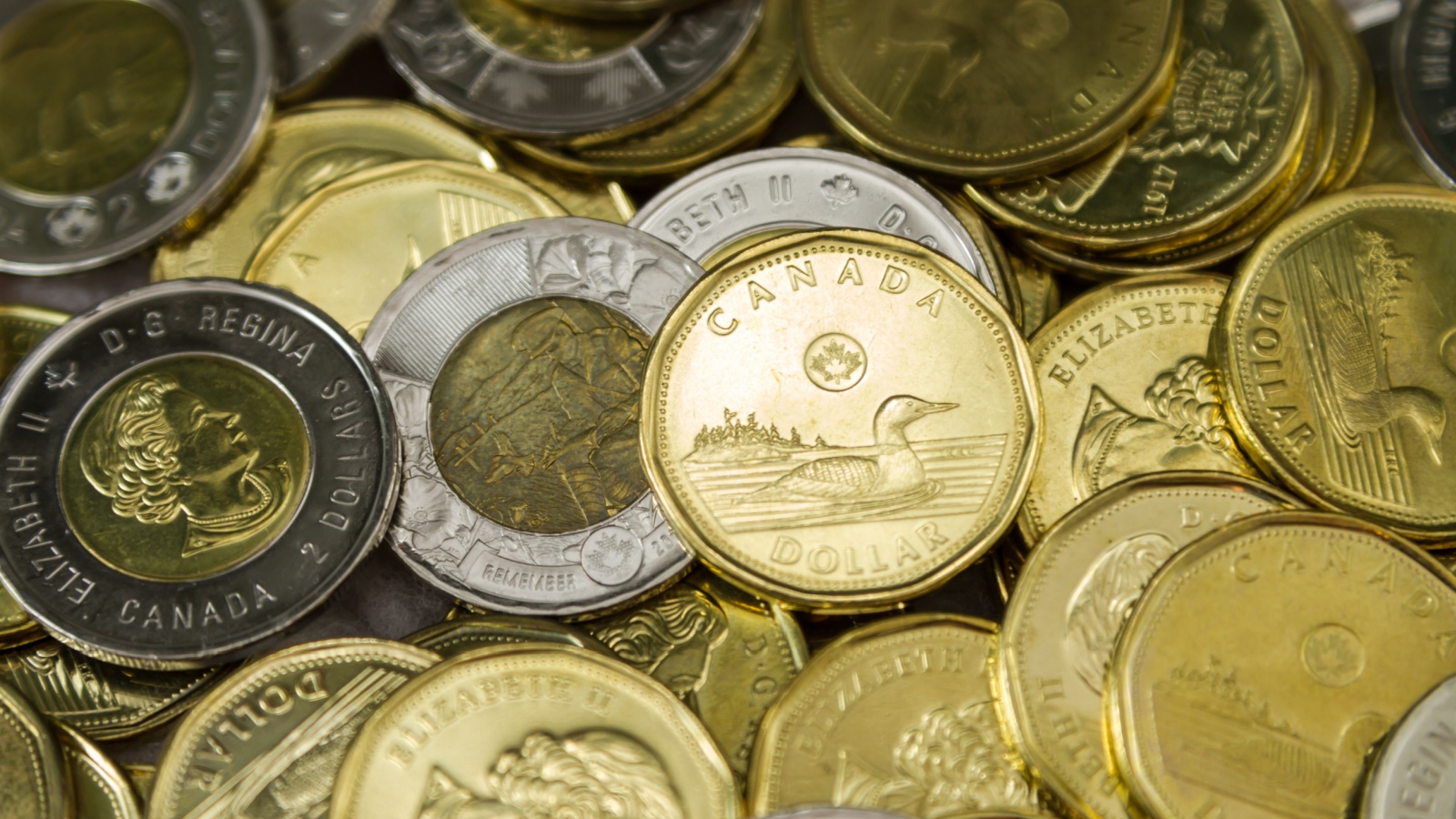
The Canadian one-dollar coin is called a “loonie,” named after the loon bird printed on it. When the two-dollar coin came out, people logically dubbed it the “toonie.” Americans often assume these are slang words for cash in general, not realizing they’re official nicknames used in stores, banks, and even government press releases. Asking, “Got a loonie?” won’t raise eyebrows in Vancouver, but it’ll earn puzzled looks in Chicago. The playful naming reflects Canada’s relaxed relationship with money, serious about its value but happy to have fun with its vocabulary. Try paying with coins in the U.S., you’ll just get change.
“Two-Four”
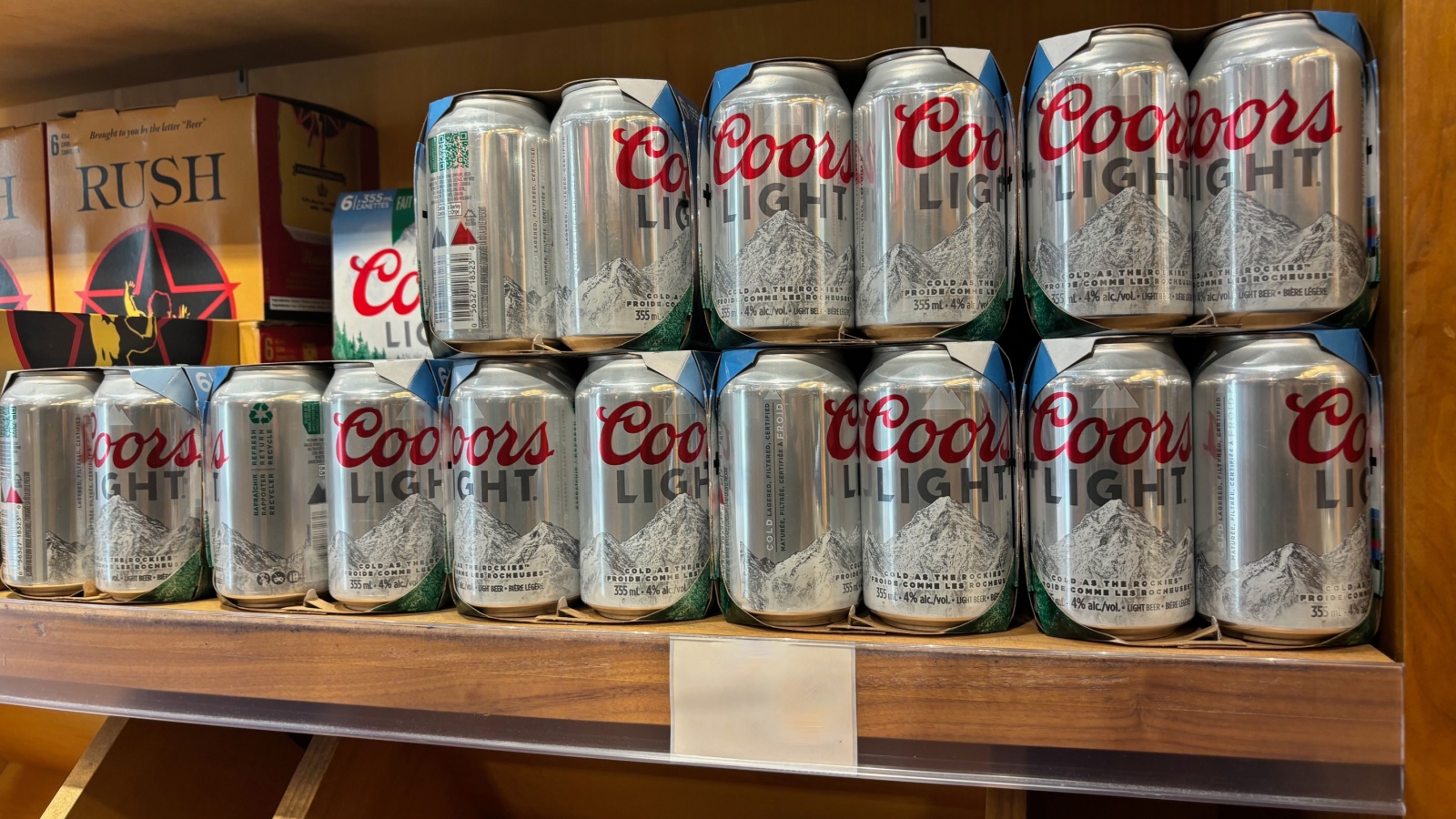
A “two-four” is a case of 24 beers, a sacred part of Canadian weekends and long weekends in particular. It’s so ingrained in national vocabulary that Victoria Day is unofficially nicknamed “May Two-Four” weekend. Americans tend to call it a “case,” but in Canada, this numeric shorthand carries its own cultural weight. When someone says they’re “picking up a two-four,” it signals more than just a grocery trip, it means a night of hockey, barbecue, or camping ahead. It’s another example of how Canadians manage to turn even beer quantities into linguistic identity markers that confuse outsiders.
“The 6ix”

Thanks to rapper Drake, Toronto earned the nickname “The 6ix,” referencing its area codes (416 and 647). Many Americans assume it’s a random number or think it refers to six cities combined. Locals, however, wear it as a badge of pride, symbolizing their city’s global rise and cultural cool. When someone says, “I’m from The 6ix,” they’re saying much more than geography, they’re aligning with a movement that rebranded Toronto from “nice but boring” to “internationally iconic.” For Americans unfamiliar with this origin story, it sounds cryptic, but for Canadians, it’s pure hometown swagger.
“Pop”
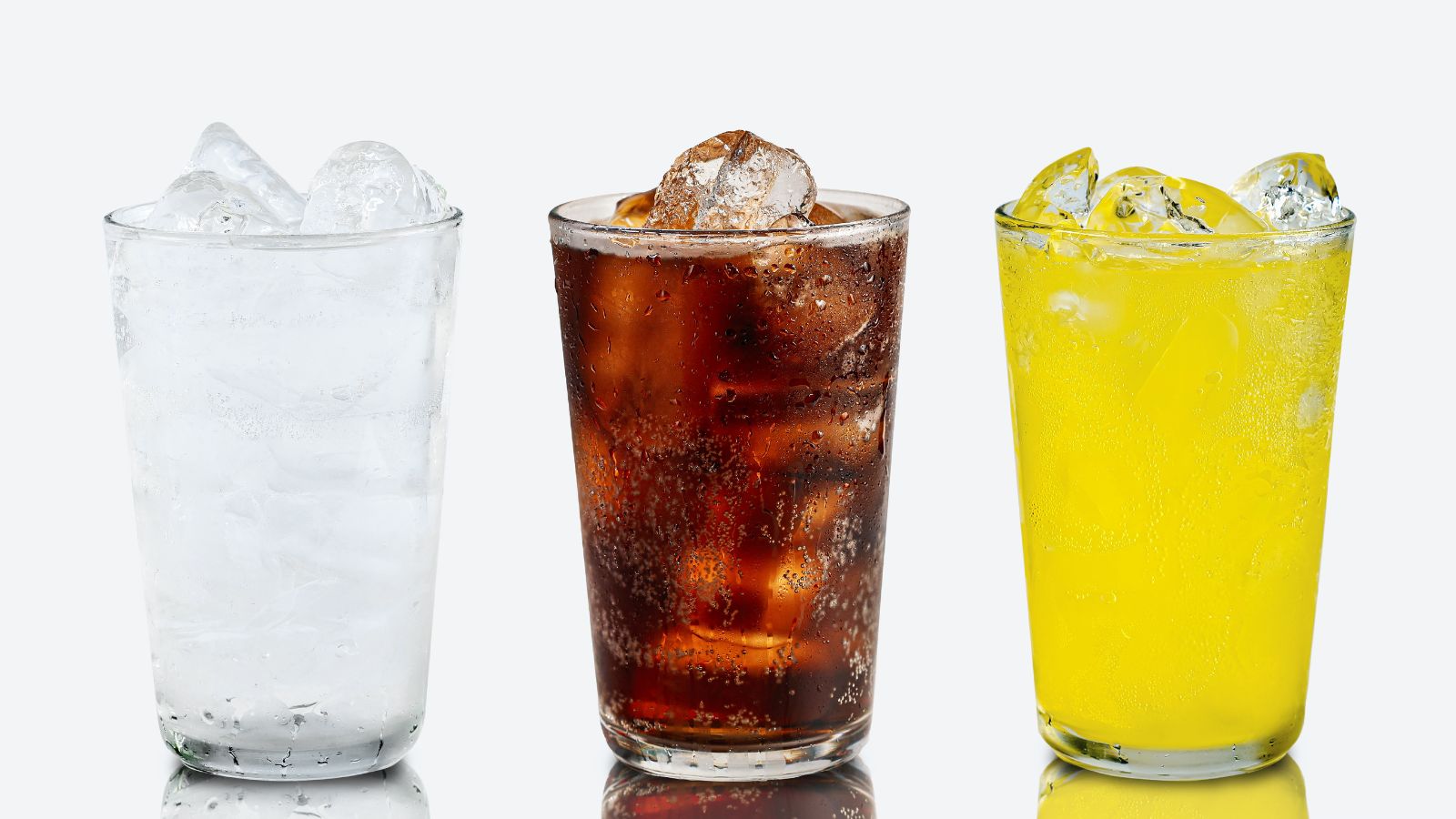
While Americans usually say “soda,” most Canadians prefer “pop.” The term dates back to the 19th century, derived from the sound of carbonated drink bottles being opened. In Western and Central Canada, ordering a “pop” is perfectly normal, but it can throw off visiting Americans who think you’re referring to your dad or a sudden noise. In parts of the U.S., “pop” exists but is considered old-fashioned, giving Canadians an unintentional retro charm. It’s a simple linguistic divide that can spark friendly debates at fast-food counters and cross-border family gatherings alike.
“Keener”

A “keener” is someone who’s overly eager, enthusiastic, or eager to please, especially in school or work settings. It’s similar to “teacher’s pet,” but with less insult and more gentle teasing. Americans might understand the vibe but not the word itself. If you show up early to a meeting with printed notes, a Canadian might grin and say, “Wow, you’re a real keener.” It’s affectionate ribbing, not mockery. The word likely evolved from “keen,” meaning eager, and now holds a special spot in Canadian slang. It’s a uniquely polite way to poke fun at ambition.
“Serviette”
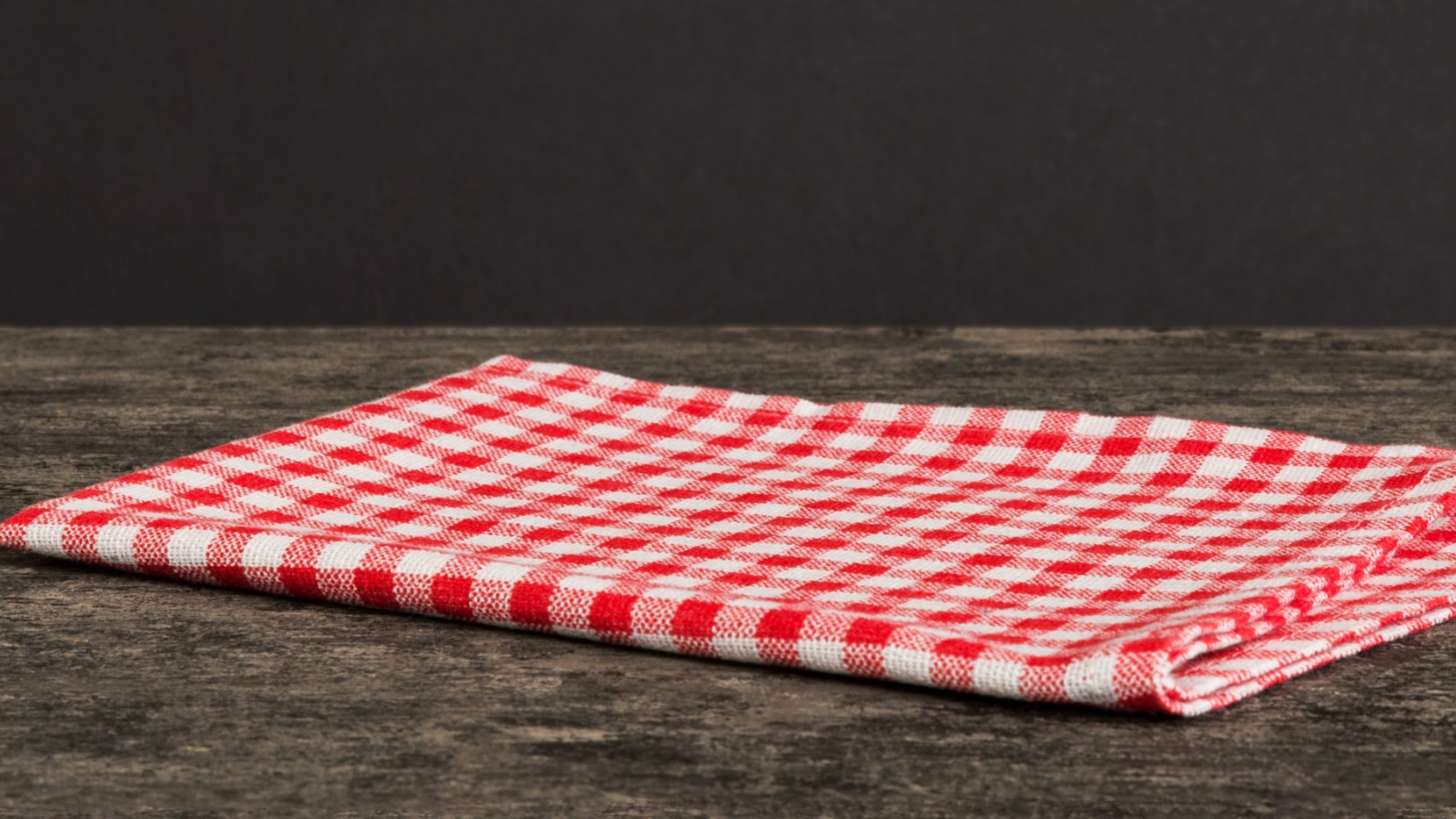
In most of the U.S., you’d ask for a “napkin.” In Canada, especially in more formal settings or older households, people say “serviette.” The term comes from French influence and sounds a bit fancier, but it’s just the same piece of paper or cloth you use to wipe your mouth. Americans often think “serviette” refers to something decorative or upscale, but it’s completely normal in everyday conversation. You’ll even see it printed on restaurant packaging. This word highlights how Canadian English blends practicality with a dash of bilingual sophistication that makes Americans reach for context clues.
“Runners”

If a Canadian says they’re putting on their “runners,” they’re talking about sneakers or athletic shoes. Americans use “sneakers,” “tennis shoes,” or “trainers,” depending on the region. The word “runners” perfectly captures the function of the footwear, meant for running, even if you’re just walking to the store. It’s especially common in Western Canada, where gym class and outdoor sports dominate vocabulary. When visiting, Americans hear “grab your runners,” they sometimes imagine professional athletes or marathon gear, not realizing it’s everyday footwear. It’s another small but telling linguistic quirk that separates the two sides of the border.
“Washroom”
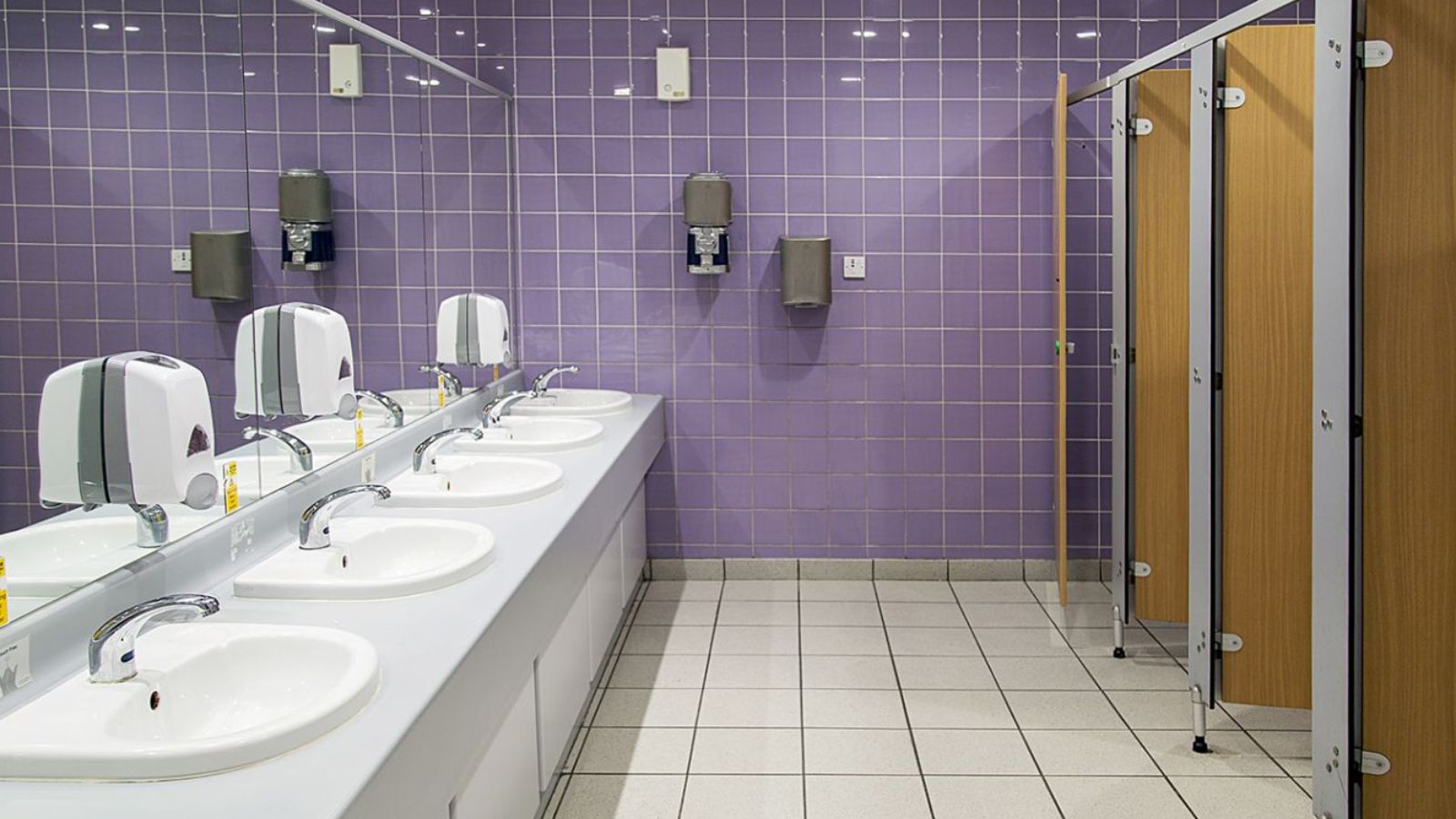
Instead of “restroom” or “bathroom,” Canadians almost always say “washroom.” It sounds polite, neutral, and just formal enough to work in any setting, from restaurants to gas stations. Americans occasionally use “bathroom,” even when there’s no bathtub, which Canadians find oddly specific. “Washroom” fits Canada’s reputation for courtesy, it’s straightforward and avoids unnecessary detail. Visitors often find the term elegant but slightly confusing at first. Yet after spending time in Canada, many adopt it unconsciously, it just feels cleaner and friendlier. It’s proof that even basic daily habits can have linguistic borders.
“Chesterfield”
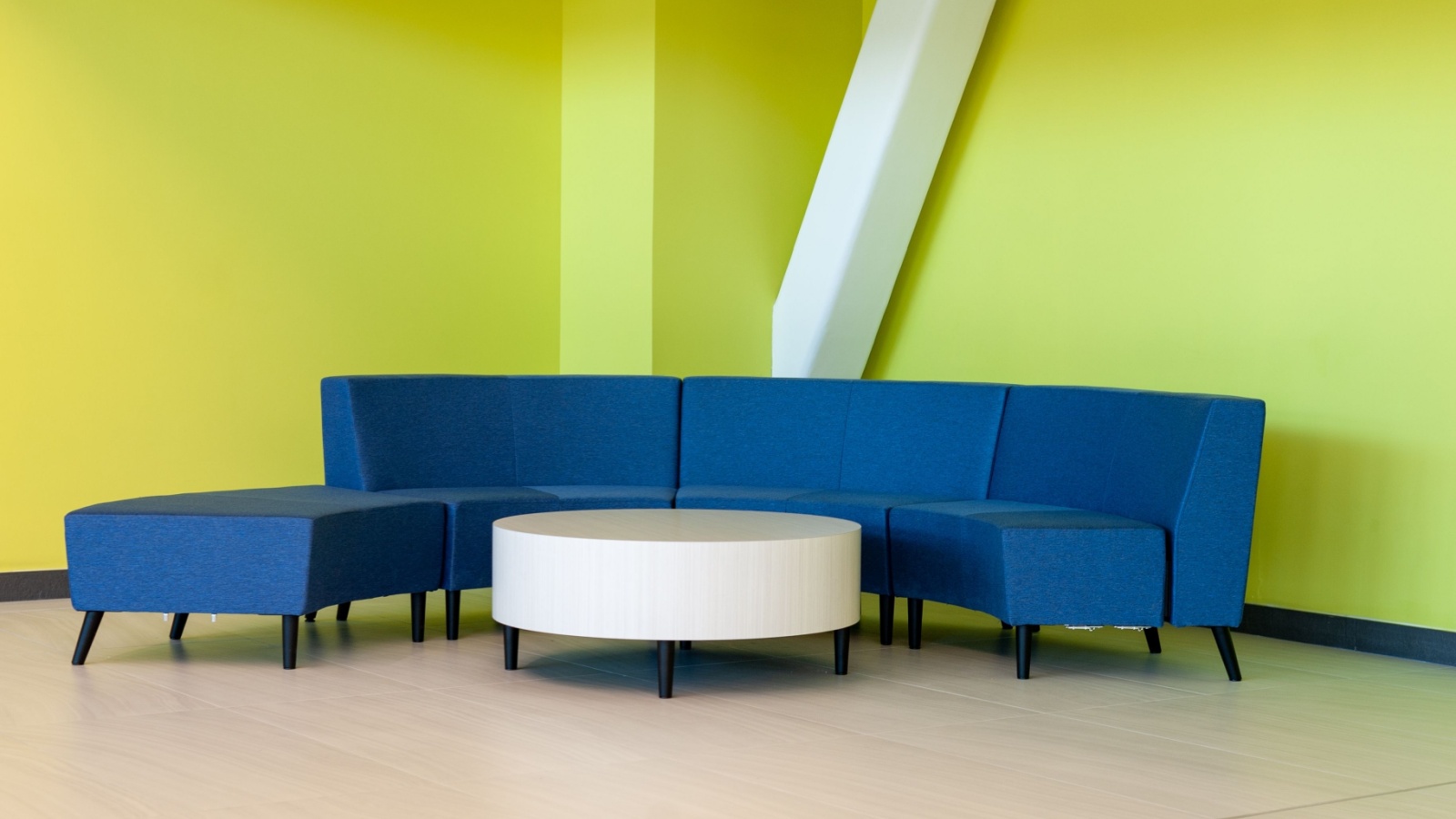
This one might sound straight out of a 1950s sitcom, but “chesterfield” is a classic Canadian word for a couch or sofa. Though younger Canadians use “couch” more now, many grew up hearing parents or grandparents say, “Sit on the chesterfield.” The term likely came from a British furniture design and stuck around longer in Canada than anywhere else. Americans rarely use it, so hearing it can make them think it’s a brand name or antique. For Canadians, though, it’s a nostalgic word tied to home comfort, one that carries a sense of family living rooms and simpler times.
“Out for a Rip”

When a Canadian says they’re “out for a rip,” it usually means they’re going for a drive or adventure, not engaging in reckless behavior. The phrase gained popularity from a viral comedy song but was already common in rural areas. It can mean taking an ATV down a dirt road, a joyride around town, or just hanging out with friends. Americans often assume it’s a negative phrase, but in Canada, it’s pure fun, no judgment attached. It’s about enjoying the moment, preferably with friends, music, and maybe that earlier-mentioned two-four in the backseat (safely stowed, of course).
“Give’r”

This energetic term means to go all in, work hard, party hard, or push through. “Just give’r!” might be yelled at a hockey game, a construction site, or a backyard barbecue. It’s a versatile expression of effort and enthusiasm. Americans sometimes misinterpret it as “giver” or assume it’s religious, but it simply means “do your best” with full energy. The phrase gained national fame through the movie FUBAR and has since become part of everyday slang. Whether you’re shoveling snow or celebrating a win, “give’r” captures the Canadian spirit of cheerful determination.
“Hydro Bill”

Tell an American you just paid your “hydro bill,” and they might think you’re talking about water. In Canada, “hydro” usually refers to electricity, since much of the country’s power comes from hydroelectric sources. The term stuck even in regions where electricity doesn’t come from water. Americans usually just say “electric bill,” so this one can be confusing. It’s another case of regional logic meeting linguistic efficiency, why say “electricity” when “hydro” covers it? For Canadians, it’s everyday language; for outsiders, it’s a lesson in how geography shapes vocabulary.
“Zed”
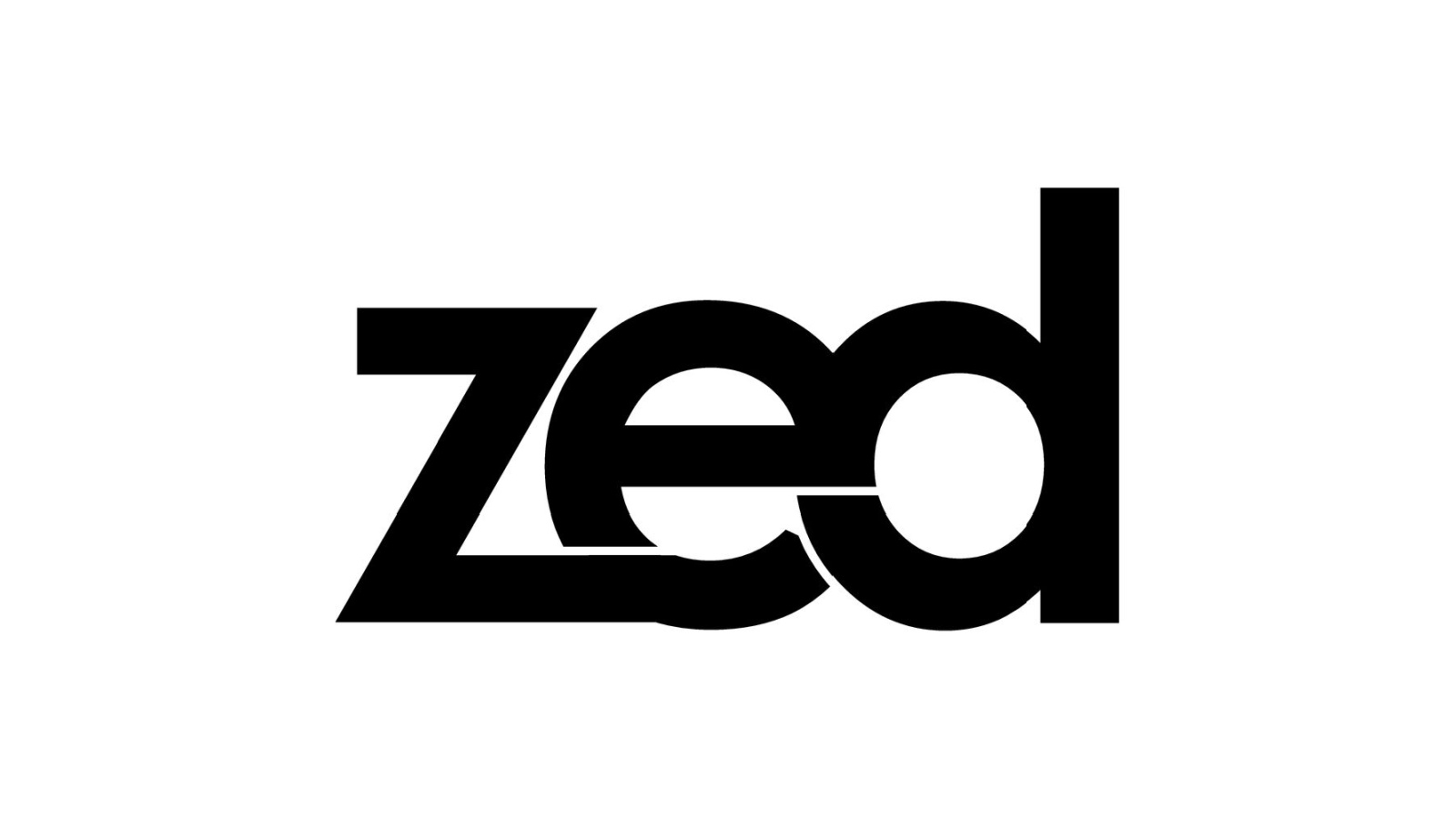
Canadians pronounce the letter “Z” as “zed,” following British convention. Americans, of course, say “zee.” It might sound like a small difference, but it can cause real confusion during spelling lessons, radio stations, or license plate numbers. “Zed” feels formal and precise, while “zee” sounds more melodic. Canadians occasionally switch to “zee” when speaking with Americans just to avoid the “Wait, what?” reaction. The persistence of “zed” shows Canada’s linguistic link to its Commonwealth roots, and its quiet resistance to complete Americanization. It’s the alphabet’s most polite disagreement.
“Snow Day”
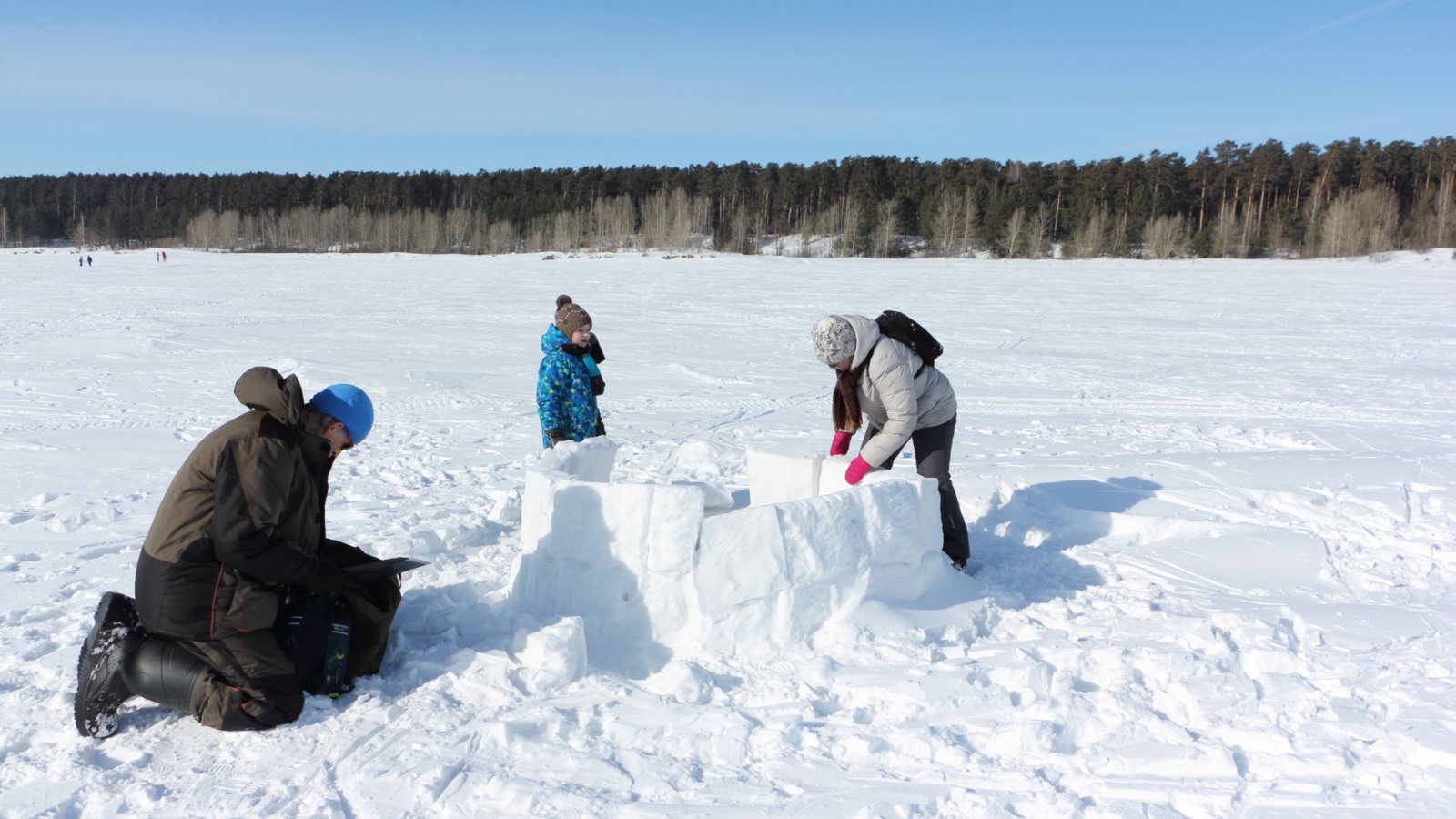
While Americans also use the term, in Canada, “snow day” takes on a whole different level of celebration. It’s not just a school closure, it’s a collective pause, a shared sigh of relief, and a reason to stay in pajamas until noon. With the nation’s harsh winters, snow days are cultural milestones, complete with tobogganing, hot chocolate, and staying glued to weather reports. Americans might experience the occasional flurry-related closure, but in Canada, snow days are practically institutionalized. It’s one of those rare times when winter chaos brings pure joy instead of frustration.
21 Products Canadians Should Stockpile Before Tariffs Hit

If trade tensions escalate between Canada and the U.S., everyday essentials can suddenly disappear or skyrocket in price. Products like pantry basics and tech must-haves that depend on are deeply tied to cross-border supply chains and are likely to face various kinds of disruptions
21 Products Canadians Should Stockpile Before Tariffs Hit
